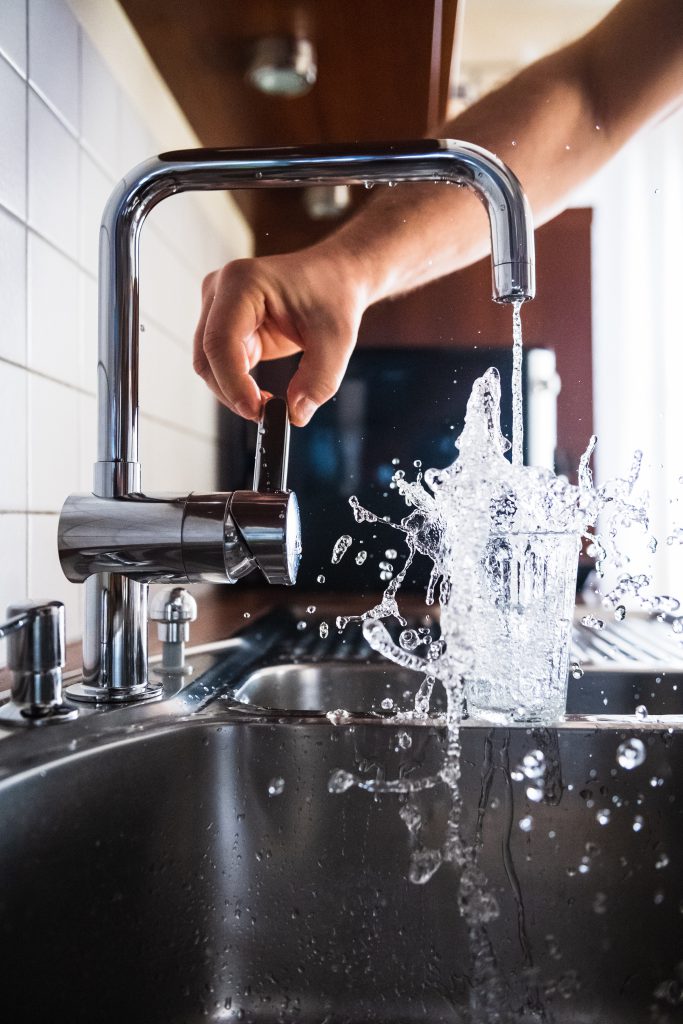While Governor Tony Evers has declared 2019 the “Year of Clean Drinking Water” and proposed needed budget funding to address our drinking water challenges, the legislature is also taking on the issue.
In January, Assembly Speaker Robin Vos launched the Task Force on Water Quality to investigate water quality issues statewide and come up with policy solutions. The bi-partisan Task Force is made up of 16 members of the Assembly and Senate.
Speaker Vos created the Task Force shortly after the first round of testing in the Southwest Wisconsin Groundwater and Geology (SWIGG) Study found that 42% of the 300 wells tested across Grant, Iowa, and Lafayette Counties tested positive for bacteria and/or nitrate contamination. Clean Wisconsin was instrumental in helping to line up funding and support for the SWIGG study.
In April, I testified on behalf of Clean Wisconsin before the Task Force. I stressed that right now, we need lawmakers to take bold action and make robust investments in a future where all Wisconsin families have access to clean drinking water. Too often, lawmakers convene groups to study and consider issues at length, but don’t make enough progress toward real solutions.
When I testified, I made clear that the people of Wisconsin are looking for answers to their drinking water problems, and they expect decisive action from this Task Force to set a clear path towards clean drinking water for every Wisconsin family.
I also made it clear that the first step towards clean water is to support Gov. Evers’ budget funding commitments that would provide people with access to clean drinking water, prevent pollution from happening, and fund science, research, and state and local agencies to protect our water.
Clean Wisconsin will be looking to the Task Force to put forward policy recommendations that seriously address the water quality challenges we face.
Our water quality challenges are daunting, and they will take time, effort, and money to overcome. Certainly, it’s expensive and difficult to clean up groundwater pollution. It can be expensive for farms to implement conservation measures to reduce polluted runoff. It’s expensive to replace lead pipes or tainted wells.
But we cannot forget that there is a cost of not acting. Many times, Wisconsin families who had nothing to do with the water pollution are the ones who bear those costs. These costs appear in the form of bottled water, filtration systems, medical expenses, missed work or school days from illness, and the stress of dealing with contaminated water.
The costs may not show up on a balance sheet, but they are still real.
The Task Force will be making its way across the state this year to hold public hearings on the drinking water issues we face. They will be hearing many real people dealing with these overwhelming problems, people who struggle daily to get access to clean drinking water. Maybe you’re one of those people.
Whether you have been personally affected by drinking water pollution or are concerned about drinking water issues across the state, we encourage you to attend one of the hearings and testify before the Task Force. If you can’t make it to a hearing, you can submit your comments to the Task Force at www.cleanwisconsin.org/act.
As this Task Force meets with people and hears their stories, we hope the gravity of the situation presented through the science and data and the stories people tell will compel them to take bold action that adequately addresses the many drinking water challenges Wisconsin faces.

